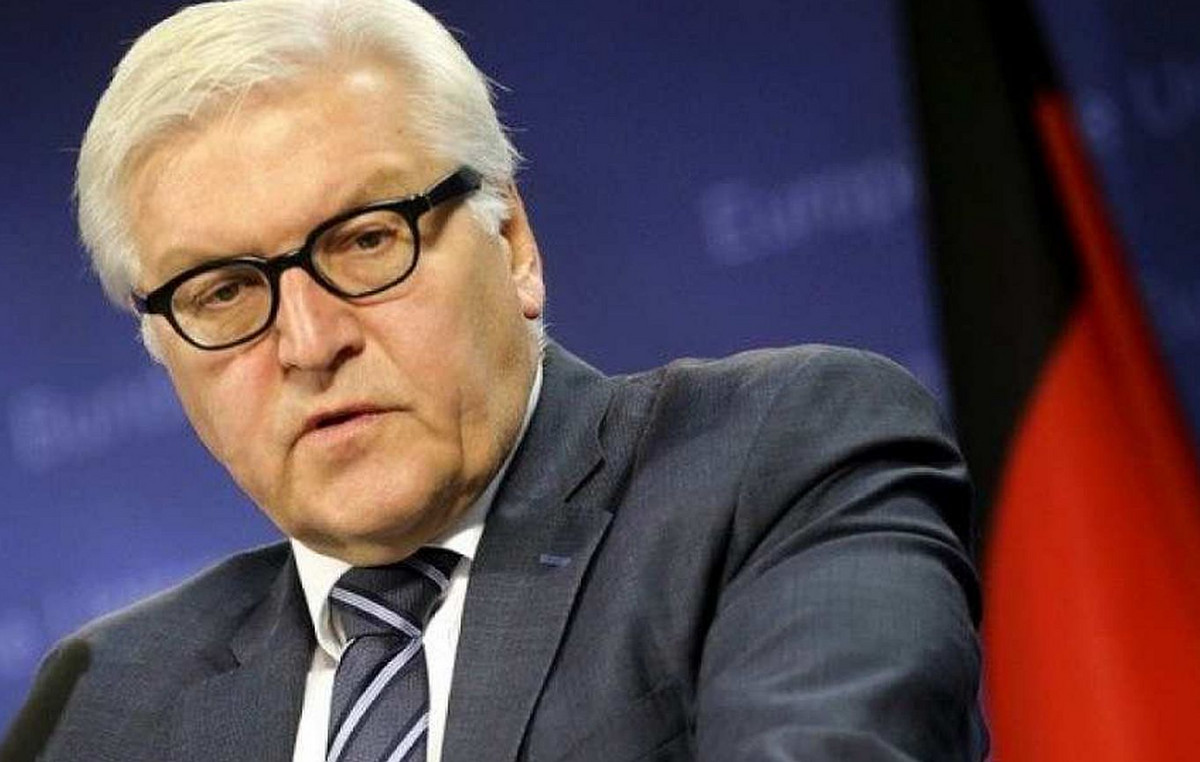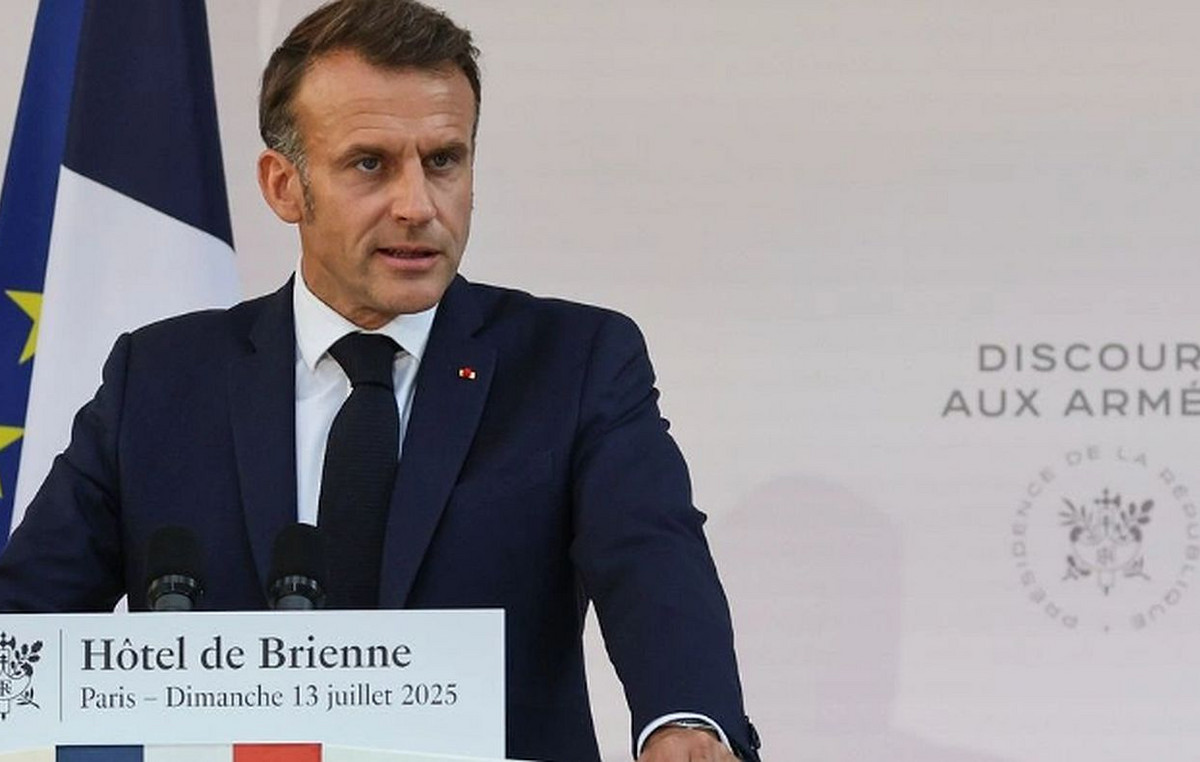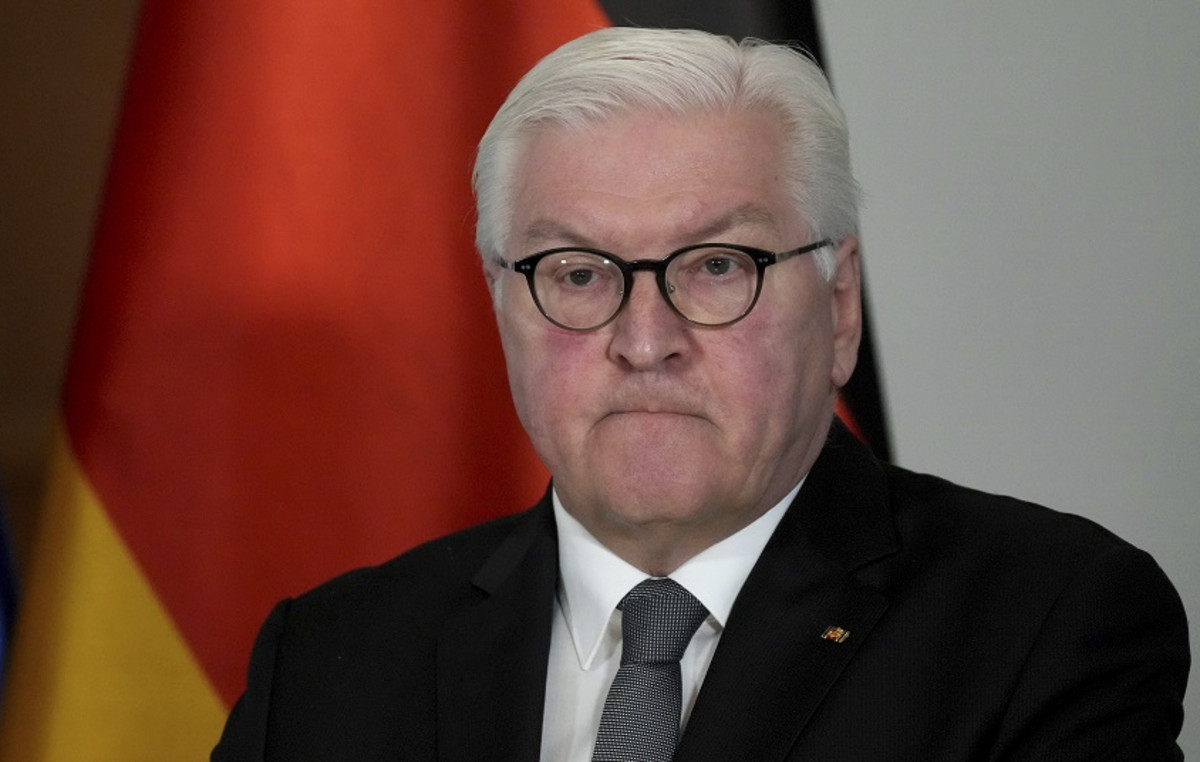It is practically a consensus in the financial market that the Central Bank should no longer change the Selic, the country’s basic interest rate, this year, according to economists consulted by the CNN 🇧🇷
The increase in fiscal risk, however, may be mentioned as a point of attention for the monetary authority, amid the campaign of the elected government to be able to spend more and also the still elusive information about the team and the economic policy that it intends to adopt. .
This means that, if there are no clearer signs that the future president Luiz Inácio Lula da Silva will follow a responsible agenda with the control of public expenses, the expected drop in interest rates for next year may end up being altered, and not even the The possibility that the Selic will rise even more, instead of falling, is ruled out.
The Monetary Policy Committee (Copom) of the Central Bank announces this Wednesday afternoon (7) its new decision on the future of the Selic, in what will be its last meeting of 2022.
The wide expectation is that it will not be changed, for the third consecutive meeting, and will remain at the same current 13.75%. These are the highest interest rates since 2016, when the Selic rate last reached 13.75%.
“I want to see if the Copom will talk about the fiscal part and the PEC of the Transition in its communiqué, if it will mention something about it”, said the fixed income analyst at Nord Research, Marília Fontes, who believes in the Selic maintained at 13, 75% this Wednesday.
“If he talks about it, then it could be an indication that, if the Transition PEC is approved as it is, he will make a new cycle of high interest rates. If you don’t make any big mention of the subject, then probably the flight plan is to keep the Selic stable [em 13,75%] for a long period of time.”
future under review
Until recently, the broad expectation of market analysts and investors was that interest rates, after rising sharply in the last year, would remain at the current 13.75% for several months, before falling back, slowly, at some point. second half of next year.
However, with the perspective that, in a Lula government, public spending will be more inflated —which is usually a source of inflation—, the bets have already started to change.
The scenario taking shape now is one of a fall in interest rates that will not only take longer to start, but will also fall even more slowly.
According to Boletim Focus, a weekly publication by the Central Bank with the median economic projections of dozens of banks and consultancies, the expectation for the Selic rate at the end of next year has already risen from 11.25% to 11.75% since the beginning of November.
“There shouldn’t be any surprises and, today, the Selic should be maintained at 13.75%”, said economist André Perfect. “But the BC should introduce the discussion of what is intended regarding the new fiscal framework and indicate that, until this uncertainty persists, it should, in a preventive manner, not raise interest rates, but cut less or stop cutting.”
More spending on the horizon
The PEC do Ocuparo, nickname received by the PEC da Transição, is the bill to amend the Constitution presented by Lula’s team seeking a extra money to the 2023 Budget of almost BRL 200 billionintended to fund and expand Bolsa Família and other social programs.
The text also asked for the withdrawal of expenses from the spending ceiling for all four years of the future term, starting in January.
In the most recent version, presented this Tuesday (6th) by the rapporteur for the PEC in the Senate, Senator Alexandre Silveira, this “hole” was reduced to two years. The text is now awaiting negotiation and approval by Congress.
“The impact of expansionary fiscal policy affects monetary policy in two dimensions,” explained the chief economist at Suno Research, Gustavo Sung, in a report to clients.
“In the short term, it affects market sentiment, positively impacts economic activity and raises inflation expectations. In the long run, it reduces the credibility of the country’s fiscal framework.”
Lula spent the campaign claiming he would review the spending cap rule, which freezes government spending growth above inflation for 20 years. The president-elect, however, has not yet given any hints on how the new fiscal framework that he intends to put in place could be.
“There are very strong lack of definitions regarding the next government”, says André Perfeito. “This generates noise, which generates a higher risk premium, which also translates into higher inflation and stronger Selic projections.”
No relevant changes so far
Danilo Passos, economist at the WHG manager, explains that there have been few important changes in relation to the economic scenario and expectations for inflation that the Copom had in October, when it met for the last time, and now.
“The exchange rate is more or less stable, expectations for inflation have a slight increase at the margin, but nothing that motivates the BC to take action in relation to the interest rate now”, he said.
“What has changed significantly since October is the perception of the fiscal outlook, so the Copom can, already in the communiqué, raise the tone a little in relation to this, issuing a warning and preparing the ground in case it realizes that, next year , have to raise interest rates, because the fiscal side will be expansionist”, continued Passos.
Source: CNN Brasil
A journalist with over 7 years of experience in the news industry, currently working at World Stock Market as an author for the Entertainment section and also contributing to the Economics or finance section on a part-time basis. Has a passion for Entertainment and fashion topics, and has put in a lot of research and effort to provide accurate information to readers.







